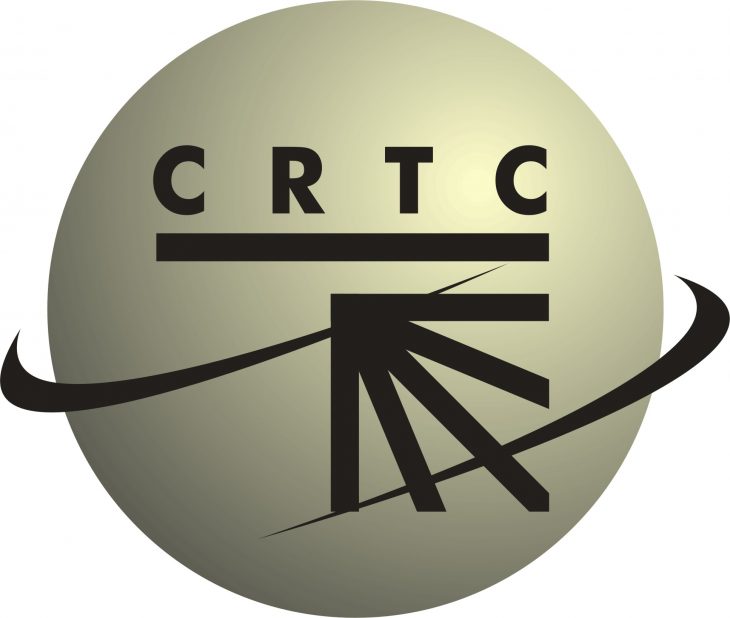
GATINEAU – In a wholesale TV rates battle between Bragg Communications (Eastlink) and Rogers Media, the CRTC today gave both sides a win with a final offer arbitration decision.
The two companies have not been able to settle on wholesale rates for Sportsnet and Sportsnet One for some time and approached the CRTC for an FOA process in October 2019.
With Sportsnet (which has five regional feeds), the Commission said Thursday it has selected Rogers’ offer, while for Sportsnet One, it chose the Eastlink offer.
Eastlink fought for its offered rates (none of which were made public) by telling the Commission it was supported by “substantial declines in the services’ viewership and market shares over the last three years; Rogers’ loss of key sports rights that are highly valued by its customers; and, the wholesale rates Eastlink pays for TSN which, according to Eastlink, consistently outperforms Sportsnet by a wide margin,” reads today’s decision.
Rogers, on the other hand, said its final offers for Sportsnet and Sportsnet One are reasonable because “they are comparable to the other market-based wholesale rates that Rogers recently negotiated; they ensure that the rates paid by Eastlink do not give an undue competitive advantage to any BDUs, including Eastlink; they reflect the strong viewership numbers that have been maintained by Sportsnet and Sportsnet One over the past five years and Sportsnet’s position as one of Canada’s two most popular discretionary services; they reflect the considerable value that a significant portion of Eastlink’s subscribers place on accessing Sportsnet and Sportsnet One; they are reasonable, and take into account the significant cost of acquiring sports rights and producing sports programming that broadcasters face domestically and worldwide; and they do not restrict packaging or seek to insulate Sportsnet and Sportsnet One from the impact of greater consumer choice,” reads the decision.
As well, “Rogers argued its proposed commercially reasonable wholesale rates for Sportsnet and Sportsnet One are based on fair market value given that those rates are comparable with rates that it has commercially negotiated with other unaffiliated BDUs. It added that its rates reflect the overall value of the two services it provides to Eastlink and its customers, and that the rates enable Rogers to obtain reasonable and predictable levels of revenue in an environment where the cost of acquiring sports programming rights continue to rise.”
While Eastlink argued “the significant decline in the services’ popularity is due to several programming choices over the last few years that have made the services less attractive to consumers. Rogers replied that the numbers raised by Eastlink actually mirrored the rate of decline seen in Eastlink’s own subscriber numbers,” adds the decision.
Eastlink also said in the proceeding it believes Rogers’ rights and production costs “have not increased considerably over the last five years, and instead have decreased.” According to Rogers, however, “Eastlink focused only on one year, therefore ignoring the major investments that were previously made to acquire and produce content.
“In doing so, the factors that inform programming costs from year to year were not taken into consideration. Rogers stated that it continues to look for production efficiencies as the advertising and subscription revenue markets continue to shrink,” reads the decision.
“In regard to Eastlink’s claim that its offer is also consistent with the principle of shared risk, Rogers replied that it is very clear that Eastlink’s final offer is intended to insulate it from market conditions and preserve its industry leading margins at the expense of sports services that are helping Eastlink to retain its subscriber base.”
All that said, when it comes to Sportsnet, “the Commission finds that the offer proposed by Rogers is more reasonable in light of penetration levels, volume discounts and packaging of the service; better aligns the rate that Eastlink pays for Sportsnet with the rates paid by unaffiliated BDUs; and better aligns the rates with the rates Eastlink pays for TSN, thus contributing to a more balanced market.”
As for Sportsnet One (a separate linear channel airing certain exclusives), “the Commission finds that the offer proposed by Eastlink is more in line with historical rates taking into consideration programming expenditures and audience trends; is more in line with the rates Eastlink pays for programming services of similar value to consumers; and better shares risk, striking a balance between allowing BDUs to provide their subscribers with more choice and flexibility and ensuring reasonable and predictable levels of revenue for programming services.”
Sportsnet 360 was excluded from the FOA process.


